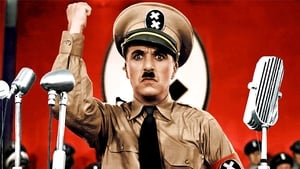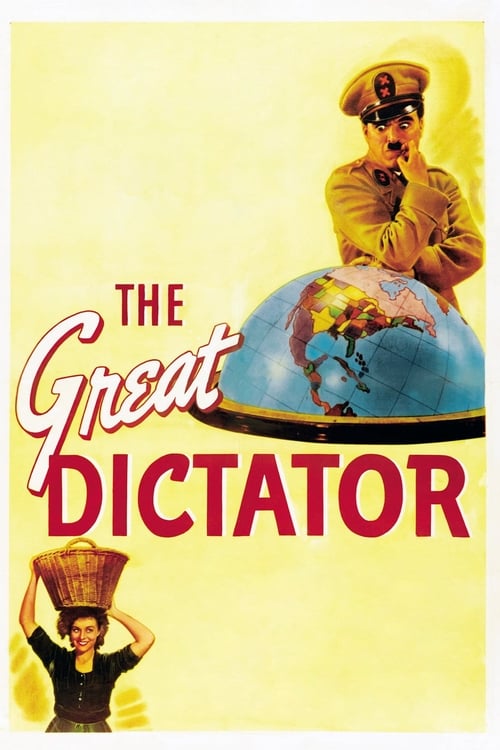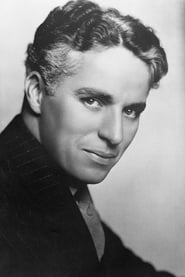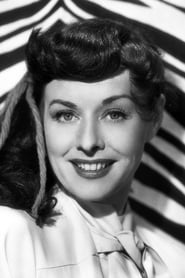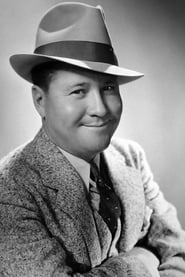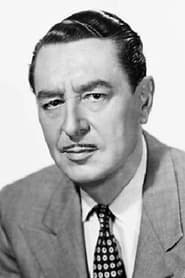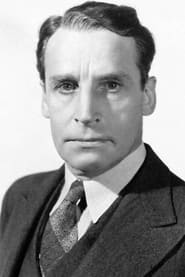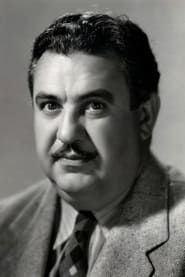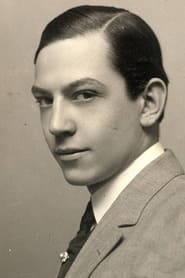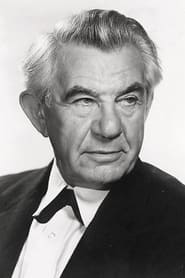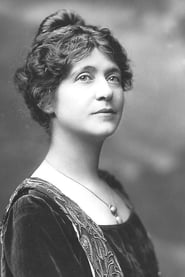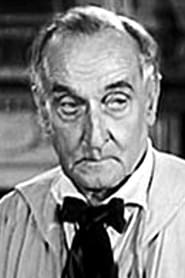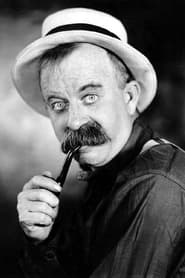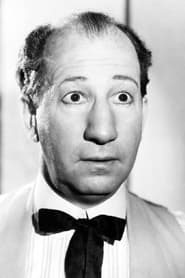Cast
View AllCharlie Chaplin
as Adenoid Hynkel, Dictator of Tomania / A Jewish Barber
Paulette Goddard
as Hannah
Jack Oakie
as Benzino Napaloni, Dictator of Bacteria
Reginald Gardiner
as Commander Schultz
Henry Daniell
as Garbitsch
Billy Gilbert
as Field Marshal Herring
Grace Hayle
as Madame Napaloni
Carter DeHaven
as Spook
Maurice Moscovitch
as Mr. Jaeckel
Emma Dunn
as Mrs. Jaeckel
Bernard Gorcey
as Mr. Mann
Paul Weigel
as Mr. Agar
Chester Conklin
as Barber's Customer
Esther Michelson
as Jewish Woman
Hank Mann
as Storm Trooper Stealing Fruit
Crew
Director
- Charlie Chaplin
Writer
- Charlie Chaplin
Producer
- Charlie Chaplin
Reviews
wizzardss
In September 1939, six days after Britain declared war on Nazi Germany, Charlie Chaplin began filming his next feature. Drawing on the public perception of the similarities between himself and Adolf Hitler - not just his toothbrush moustache but also their upbringings - Chaplin sought to directly parody and attack the German führer and fascism.
In _The Great Dictator_, Adenoid Hynkel (Chaplin) rules Tomania and sets about his conquest of the world. In doing so, he persecutes Jewish people, including a former veteran of World War I who is now a barber (also Chaplin).
Unsurprisingly, the film was a hit on release, resonating well with the anti-Nazi sentiment in both American and British public. Chaplin understood that delivering his political message was so important that he forewent his usual desire for a silent film in order to get his message across.
Sound is used to great effect in _The Great Dictator_. By studying many of Hitler's speeches, Chaplin was able to create a ludicrous, yet believable, gibberish parody of the Nazi leader's oratory style.
Of course, the physical comedy remains, typically reserved for the barber (who may or may not be Chaplin's silent hero, The Tramp). This combination of physical comedy and irreverent one liners together makes the film feel like a very early Carry On.
While _The Great Dictator_ remains arguably Chaplin's best "talkie", it often feels like it is the end of Chaplin's era of classical pantomime. People being hit on the head with a saucepan comes across as a cheap laugh and it is often the verbal jokes that are the cleverest. Overall the comedy has not aged well.
But _The Great Dictator_ was never designed for longevity. It was perfect propaganda for the Allies, released at a perfect point in the War. For that reason, The Great Dictator can only be judged in the context of its release.
Feb 18, 2021
Thematic Analysis
The Great Dictator represents a fascinating example of Comedy/War cinema, offering viewers a unique perspective on the human experience and societal structures. The film's approach to its themes demonstrates a creative vision that distinguishes it within its genre.
Director Charlie Chaplin brings their distinctive visual style to this film, continuing their exploration of themes seen in their previous works while adding new elements. Their approach to pacing and visual storytelling creates a viewing experience that rewards close attention.
Released in 1940, the film exists within a cultural context that now offers viewers historical perspective on the social issues of that era. Its critical acclaim reflects its artistic achievements and its place in cinema history.
Did You Know?
- The production of The Great Dictator took approximately 30 months from pre-production to final cut.
- With a budget of $2.0 million, the film proved to be a financial success, earning back its investment and more.
- The final cut of the film runs for 125 minutes, though the director's initial assembly was reportedly 150 minutes long.
- Some visual effects sequences took up to 9 months to complete.
- The screenplay went through 11 major revisions before the final shooting script was approved.
- The cast underwent specialized training for 7 weeks before filming began.
Historical Context
- In 1940, when this film was released:
- Television was becoming a dominant form of home entertainment.
- The civil rights movement was gaining momentum in the United States.
- The film industry was dominated by major studios, with independent cinema still in its early development.
How This Film Stands Out
While The Great Dictator shares thematic elements with other films in its genre, it distinguishes itself through its unique approach to storytelling, visual style, and character development.
Unlike Liberation: Battle for Berlin, which focuses more on action than character development, The Great Dictator subverts genre expectations by exploring its themes with greater nuance.
While films like Liberation: The Last Assault and The Last Metro explore similar territory, The Great Dictator stands apart through its deeper exploration of its central themes and more complex characterization.
This film's unique contribution to cinema lies in its thoughtful balance of entertainment value and thematic depth, making it a valuable addition to its genre.
Details
- Release Date: October 15, 1940
- Runtime: 2h 5m
- Budget: $2,000,000
- Revenue: $11,000,000
Where to Watch





